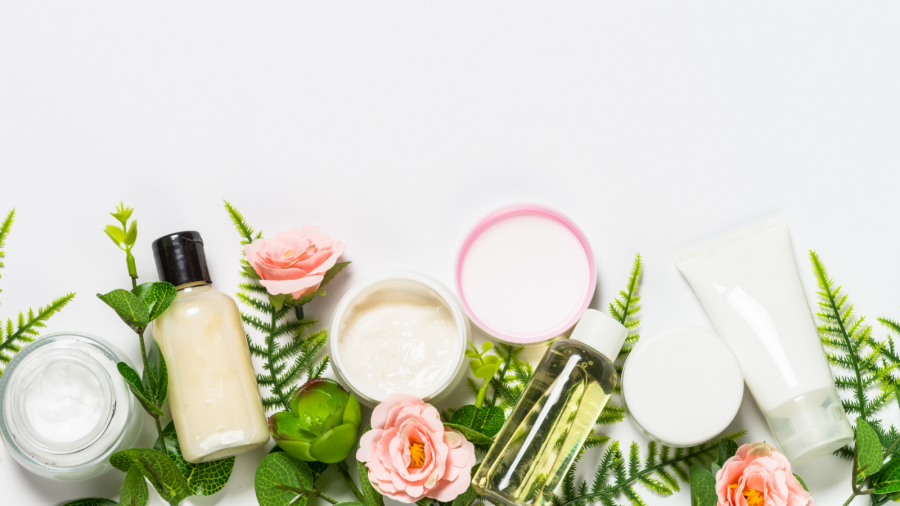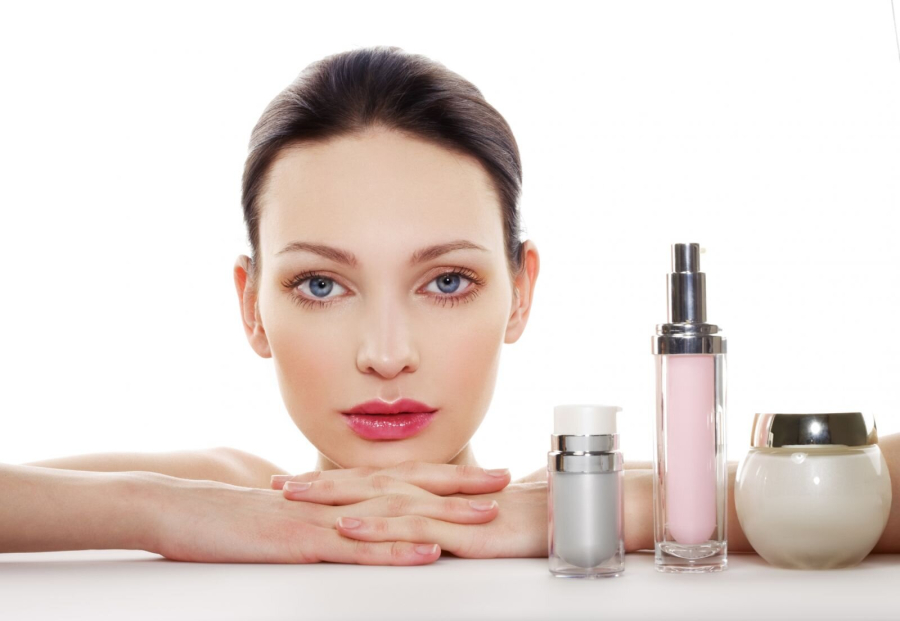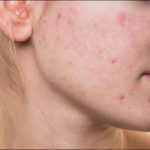Fragranced cosmetics can be enticing. However, most products use fragrance to create a scent. According to Dr. Helen M. Torok in Ohio, USA, skin irritation is manifested by redness, dryness, peeling, itching… Some people are often allergic to the ingredients in perfume. However, most people only recognize fragrance as the cause of sensitivity after the symptoms have already appeared.

Scents in skincare products can contain allergens such as geraniol, eugenol, citronellol, phthalates. These are substances that can cause skin allergies, hives, itching, rashes, sneezing, wheezing, and increase skin pigmentation. In addition, they can also worsen existing eczema and skin pigmentation. Phthalates and synthetic musks such as styrene and methyl eugenol are even believed to be able to alter hormones and affect women’s reproductive processes.
Therefore, Dr. Helen advises women to use fragrance-free products. Try to avoid ingredients such as lanolin, wool wax alcohol, cinnamic aldehyde, alcohol, fragrance, and formaldehyde in products.

Many products claim to be natural, but you should also carefully consider before buying and using them. Natural scents will be light and non-toxic unlike fragrances.
When testing a product, choose to test it on a small area of skin first to avoid irritation. The best places to apply the product are behind the ear or inside the wrist – the thinnest skin areas. If there is an allergic reaction or redness, you should stop using it immediately.
In case of sensitive skin symptoms, you should switch to using fragrance-free products to improve sensitive skin conditions, acne… If the symptoms worsen or you feel dizzy, nauseous, you should visit dermatological clinics or hospitals for examination.

Even if you are not allergic to fragrance, you should still limit its use. Choose products with a light and subtle scent. Firstly, fragrance, even if it doesn’t cause skin allergies, can still have disadvantages for your health. Moreover, using multiple scented cosmetics can cause a strong odor that can make people around you uncomfortable.
While natural scents are usually light and non-toxic, fragranced products may contain allergens such as geraniol, eugenol, citronellol, and phthalates. Dr. Helen advises checking product labels and avoiding ingredients like lanolin, wool wax alcohol, cinnamic aldehyde, alcohol, fragrance, and formaldehyde.
It is recommended to test new products on a small area of skin first, such as behind the ear or inside the wrist, to avoid potential irritation. If there is any allergic reaction or redness, discontinue use immediately.
People with sensitive skin or acne should opt for fragrance-free products to improve their skin condition. If symptoms persist or worsen, or if you experience dizziness or nausea, seek medical advice from a dermatologist or healthcare professional.
Even if you don’t have allergies, it is advisable to limit the use of fragranced products. Choose cosmetics with subtle scents, as strong odors can be uncomfortable for those around you. Additionally, fragrance can still have negative health effects beyond skin allergies.














